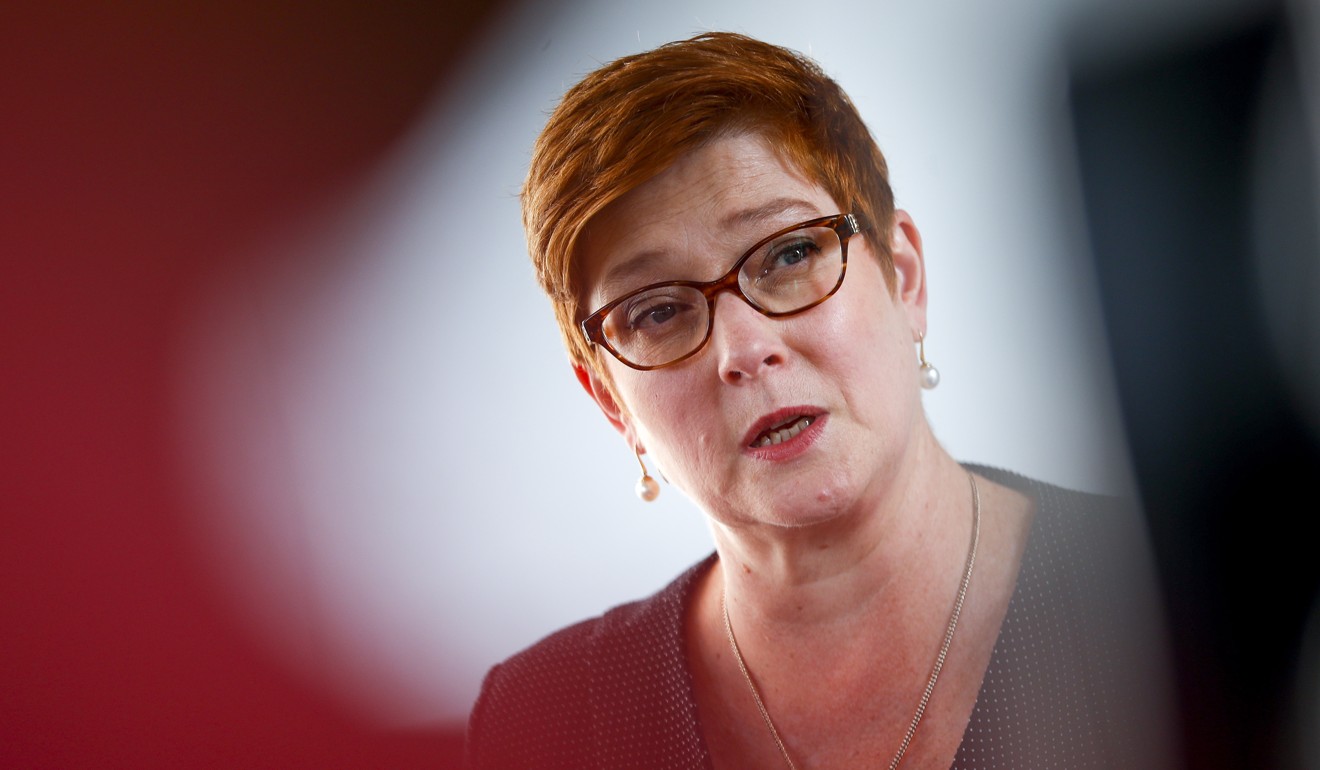
What’s driving China conspiracy theories in Australia?
- China is Australia’s biggest trading partner and its people flock down under for both tourism and education
- But intellectuals say a racialised anti-China narrative has taken hold in the media – and it’s time to call it out
Two of Australia’s leading daily newspapers The Sydney Morning Herald and The Age launched an advertising campaign recently to demonstrate their commitment to investigative journalism.

“There’s also a lot of anxiety right now among the public and in universities, local government and the media about Chinese investments, and what the Australian government should do about it,” said University of Sydney Associate Professor James Reilly.
Mixed feelings towards China has inevitably polarised debate among public intellectuals and commentators. Former Australian ambassador to Beijing, Geoff Raby, said last year that bilateral ties were in a mess. Canberra was struggling to come to terms with China’s rise, he said, pointing to “an ideologically pre-conditioned policymaking establishment ... which is quixotically hoping for the return of the old, US-led order”.
China’s squeeze on Australian coal nothing to do with Huawei’s 5G ban. Really?
Last week, in an article on the think-tank Lowy Institute’s website, Euan Graham of La Trobe University noted some policymakers, business people and academics were not forthcoming about the possibility that Beijing “harbours less than benign intentions towards Australia”, despite “unclassified evidence staring them in the face”.
Australian National University lecturer Iain Henry, in a Twitter post, last Tuesday said discussions in Australia about China were “getting worse”.
“There is a narrative emerging in Oz strategic circles that there is only one ‘acceptable’, ‘grown-up’ view of China and if anyone holds a contrary view they must be, worst case, compromised or, best case, a useful idiot,” he wrote.
Listen to the Asia Briefing podcast
China remains Australia’s largest trading partner and the latest figures show Chinese tourists made up about 15 per cent of all international visitors Down Under. About 1.3 million mainland Chinese spent A$11.3 billion (US$8 billion) in Australia between June 2017 and June 2018. There are also 190,000 Chinese students in Australian schools, and about 1.2 million Australians of Chinese ancestry.

But when Foreign Minister Marise Payne met her counterpart Wang Yi in November, both sides sought to show there had been a reset in ties by sounding positive on bilateral trade and investment cooperation.

Amid such spats, several academics have suggested the Australian media’s coverage has not been balanced. University of Technology Sydney media and communications expert Wanning Sun said she had seen “anti-Chinese hostility, channelled and fanned by the mainstream media”.
Sun was among a group of academics who sent an open letter to a parliamentary committee reviewing the new national security legislation last March, pointing out, among other things, that media coverage had led to the creation of “a racialised narrative of a vast official Chinese conspiracy”.
James Laurenceson, the deputy director of the Australia-China Relations Institute at the University of Technology in Sydney, said some media reporting had failed to place issues in sufficient context while some had simply got the facts wrong.
China, Australia kiss and make up but things will never be the same
“This needs to be called out, because it is not in Australia’s national interest. Reporting and commentary of this type hinders rather than helps the discussion about China that we need to have in Australia.
James Chessell, Group Executive Editor for The Sydney Morning Herald and The Age rejected the idea that the advertising campaign’s Chinese power play stories had an editorial slant.

“It’s cost a sitting [member of parliament] his job. It is a national debate,” he said, referring to the Labor Party’s Sam Dastyari, who was forced to quit in December 2017 when details emerged that he had warned Huang his phone was being tapped.
How the rise of China’s middle class migrants is challenging Australian fears
La Trobe University international relations professor Nick Bisley suggested “toning down” the debate and identifying policy areas where Australia could act “without needlessly inflaming relations”.
A desire to change the tone of the debate led China Matters – a group of diplomats, policy experts and academics to which Bisley is an adviser – to draft a “new China narrative” to present to the incoming Australian government after this year’s elections.
For now, Mark Beeson, international politics professor at the University of Western Australia, believes money is the glue holding China-Australia ties together.
“If it weren’t for the importance of the economic relationship, it is very likely that Australian policymakers would be taking an even more hawkish attitude to China’s regional territorial ambitions than it already is,” he said.

